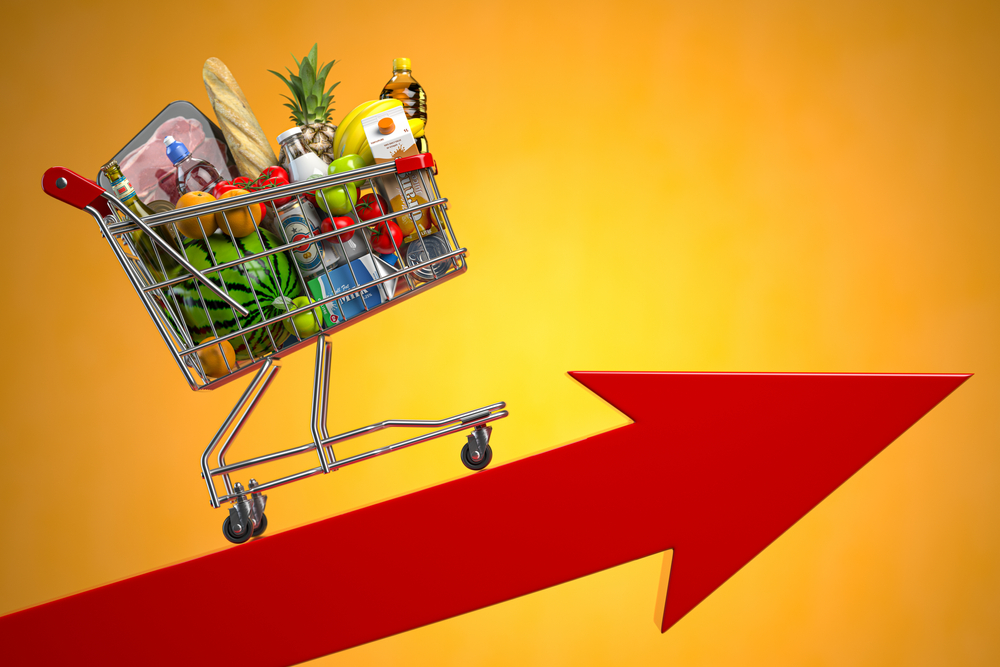Household Bills
Inflation hits 30-year high of 7% in March

Guest Author:
Rebecca GoodmanPrices are rising at their fastest rate since 1992 because of a huge increase in the cost of petrol and diesel.
Inflation rose to 7% in March, the highest rate in 30 years and beats February’s rise of 6.2%.
The Office for National Statistics (ONS) said fuel and food prices helped push up the Consumer Prices Index (CPI) measure of inflation.
Transport, including petrol prices, were the biggest contributor to rising prices in March. The average cost of petrol rose 12.6p between February and March. This compares with a rise of 3.5p per litre between the same months of 2021.
Diesel prices rose by 18.8p per litre this year, compared with a rise of 3.5p per litre a year ago.
Prices are expected to continue rising, as today’s increase does not take into account the hike to energy bills which was applied to millions of households two weeks ago.

Wellness and wellbeing holidays: Travel insurance is essential for your peace of mind
Out of the pandemic lockdowns, there’s a greater emphasis on wellbeing and wellness, with
Sponsored by Post Office
Energy bills rose by an average of 54% for around 22million households on their energy provider’s standard variable tariff.
Wages are not keeping up with soaring inflation, and the cost of living is set to rise further as the Bank of England has predicted inflation could reach 8% by April.
Sarah Coles, senior personal finance analyst at Hargreaves Lansdown, said: “Most worrying is the fact that so many of the most painful price rises have hit life’s essentials. The bare necessities of heating and eating are absorbing more and more of our income.
“The soaring cost of energy is just one of many pain points, alongside record fuel prices, runaway prices of supermarket staples like margarine and milk, and the highest rise in clothing prices since it was first modelled in 1989.”
It comes as figures yesterday show wages were already falling behind inflation in February.
Average salaries jumped 4% between December and February but real wages fell by 1% after taking inflation into account, according to the ONS.
There were vast differences in growth between the public sector, where total pay was up just 1.9%, compared to the private sector where pay soared by 6.2%.
On Monday state benefits, including the state pension, rose by an average of 3.1%.
Joanna Elson CBE, chief executive of the Money Advice Trust, said: “Today’s inflation figures will only add to the mounting pressure on households, with many already buckling under the strain of rising costs.
“Urgent action is needed to prevent more people facing impossible choices trying to meet basic needs, and at risk of an increasing burden of debt.
“Raising benefits above Monday’s 3.1 percent increase, would be a good start, along with more targeted support for people struggling with household bills.”